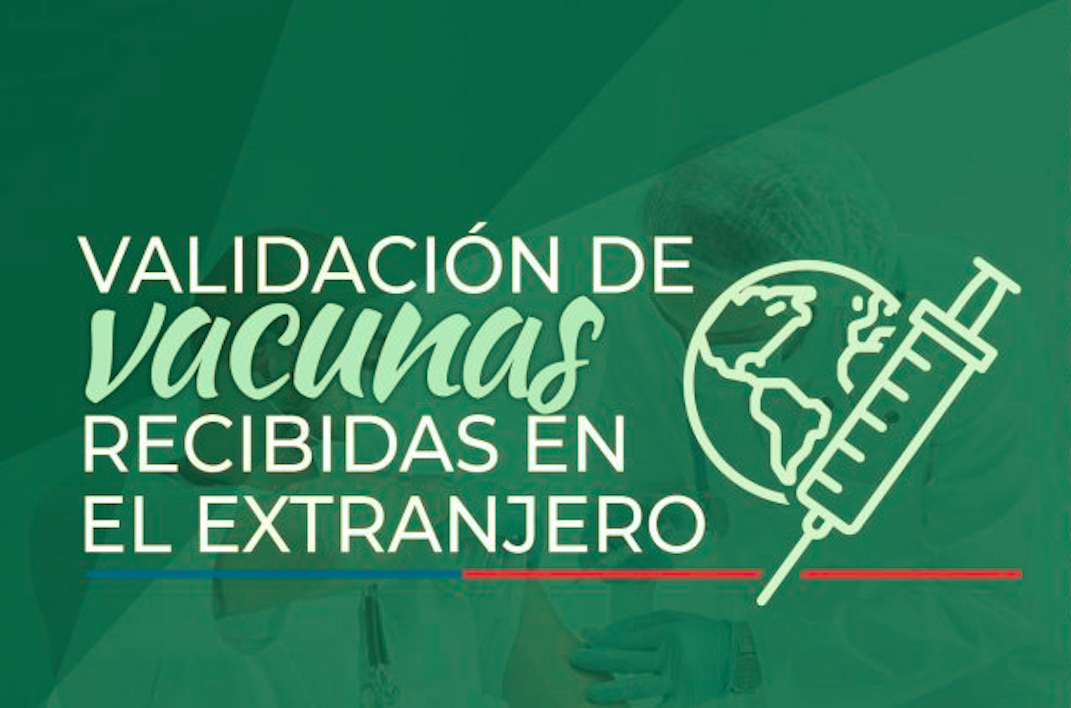RIO DE JANEIRO, BRAZIL – Chile’s tourism industry could lose US$1.2 billion (US$ 10 million per day) and thousands of jobs “if the sector’s high season fails for the second consecutive year,” denounced the Chilean Federation of Tourism Companies (Fedetur).
As HOSTELTUR reported last week, the online approval of vaccines required by the government for all travelers takes 30 days or more and “is causing a significant number of cancellations.”
“The cumbersome requirement of requesting vaccine homologation to enter Chile is suffocating receptive tourism and will end up killing the high season for the second consecutive year,” denounced Fedetur president Ricardo Margulis in a public letter addressed to the government of Sebastián Piñera.
Read also: Check out our coverage on Chile
As anticipated by HOSTELTUR last Friday, a 30-day delay in vaccine approval slows down travel to Chile, the industry rejects the procedure. “We are the only country in the world where this measure is required to allow the arrival of international visitors, and the delay of a month or more to obtain the certificate is causing a significant number of cancellations,” said Margulis.

In November, the tourism sector warns of “the certain possibility of not reactivating inbound tourism in the summer months due to the lack of foreign tourists.”
Even though the government eliminated the mandatory quarantine for international visitors arriving in Chile in exchange for a PCR test upon arrival in the country, the requirement to request the approval of vaccines is discouraging inbound tourism, as can be seen in the cancellation of tourist packages, according to Fedetur.
“In the end, it was of no use that the government has eliminated the mandatory quarantine requirement for international visitors if it maintains the requirement to have the vaccines approved, a cumbersome process that can take from a month to a month and a half to be processed,” says Ricardo Margulis.
“It is absurd that Chile is the only country that establishes a measure like this for the entry of foreign tourists, since in the rest of the world, what is required is a document that certifies that people have the complete vaccination schedule of two doses.”
The fact is that with the end of the mandatory quarantine for international tourists -which persists for land entries at the few authorized points- “instead of increasing reservations and consultations to come to Chile, what is happening is exactly the opposite since cancellations are increasing and tour operators are informing us that there is no greater interest in visiting the country.”
The obligation to go through such a long process to visit a place “discourages the interest of tourists, who are opting to go to destinations where the entry process is more fluid and expeditious,” says the Federation.
“We ask the government to eliminate this measure urgently, or else we will lose for the second consecutive year the high season, with the tremendous social cost in terms of job losses that this would have for the country and the tourism industry.”
“We need to facilitate the entry measures to Chile and eliminate unnecessary barriers, such as, for example, that upon arrival, the official PCR that is done to visitors is allowed to be replaced by a private laboratory test, considering that the results of those performed at the air terminal are taking more than 24 hours to be delivered.”
LAND BORDERS
“At the same time, we need border crossings to be enabled for entering and leaving the country by land, as a large number of countries in the region are already doing,” said Margulis.
“In Chile, there are integrated tourist circuits in areas such as Arica, Tarapacá, Coquimbo, La Araucanía, Los Lagos, Aysén and Magallanes, where an important part of the flow of international tourists is precisely through those border crossings that are still closed,” he emphasized.
The sector “needs the elimination of the homologation to be announced as soon as possible, considering that foreign tourists schedule their trips at least one month in advance. We already consider November as lost, but we need to save the three strong summer months, or many companies in the industry will not sustain themselves next year. They will go bankrupt,” concluded Margulis.

